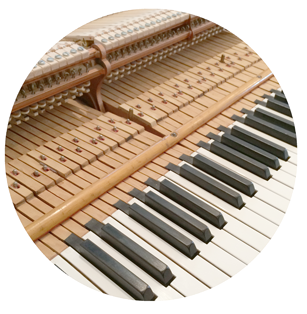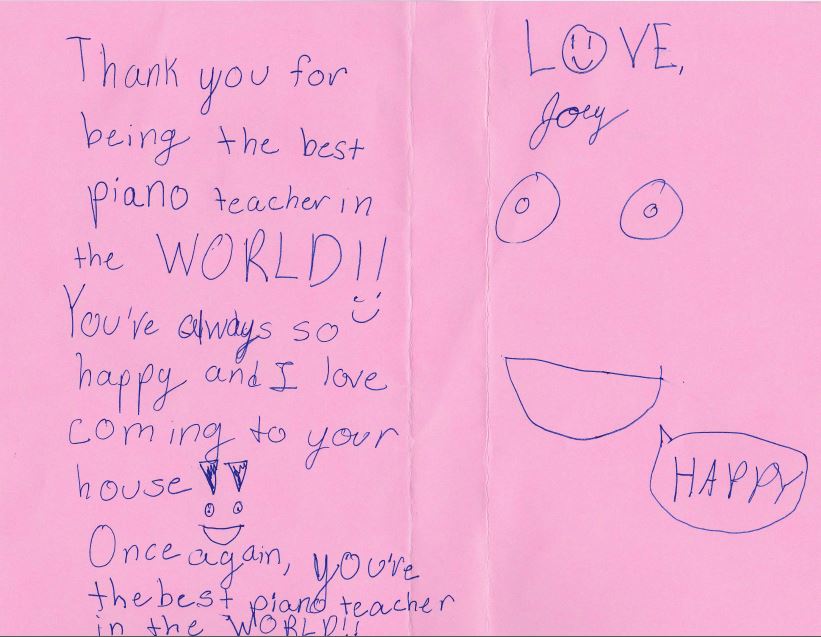TEACHING
Materials for Women Composers Class at Washington Conservatory
I’m eager to add to this list. Email me your suggestions.
books and articles:
Norton/Grove Dictionary of Women Composers, ed. Julie Anne Sadie and Rhian Samuel (1995) – lists 875 women composers
Rethinking Difference in Music Scholarship, ed. Olivia Bloechl, Melanie Lowe, and Jeffrey Kallberg (Cambridge University Press, 2015 and 2019) – which is kind of a response and update to:
Musicology and Difference: Gender and Sexuality in Music Scholarship, ed. Ruth Solie (University of California Press, 1993)
A Room of One’s Own, Virginia Woolf, 1929 It’s still a great book.
Where Are All the Black Female Composers? Nathan Holder, 2020
Feminine Endings: Music, Gender, & Sexuality, Susan McClary, 1991
Gender and the Musical Canon, Marcia J. Citron, 1993
A Feminist Ethnomusicology – Writings on Music and Gender, Ellen Koskoff, 2014
Sounds and Sweet Airs – The Forgotten Women of Classical Music, Anna Beer, 2016
Journal: Women & Music, A Journal of Gender and Culture
Stanford Encyclopedia of Philosophy, online article on “feminist philosophy”
Alex Ross in The New Yorker has numerous articles on women composers including
Opera Against the Patriarchy and Even the Score
websites:
Boulanger Initiative – advocates for music composed by womxn
Institute for Composer Diversity
Kassia Database (art songs by women composers)
NewMusicBox and their Counterstream radio have many articles and recordings
Radio Mona Lisa on Radio Zender (Dutch radio)
She is Song blog by Noelle McMurtry
Women Composers of Classical Music – Facebook page, people often post recordings
Music Studio
Jessica Krash runs a private studio for lessons in piano, chamber music, theory, and composition for students of all ages and levels. Jessica teaches the rigorous traditions of piano playing and composition, but also helps students figure out when to break with tradition.
“I see teaching piano as an artistic conversation. Through studying individual pieces of music and technical skills, we explore together the nature of musical understandings. We use music to understand the outside world: the essences of structures and stories, feelings, textures, qualities of motion, worldviews and values. In turn, we bring our knowledge and experiences of the world to help us better understand music and make better music. We notice in music parallels to the way conversations work, how stories unfold, how feelings change, how ideas move, and how people and objects move. Moving through music history, we experience what people cared about at times and places far from our own.
Download pdf of Jessica’s easy-to-read Fur Elise, second section.


